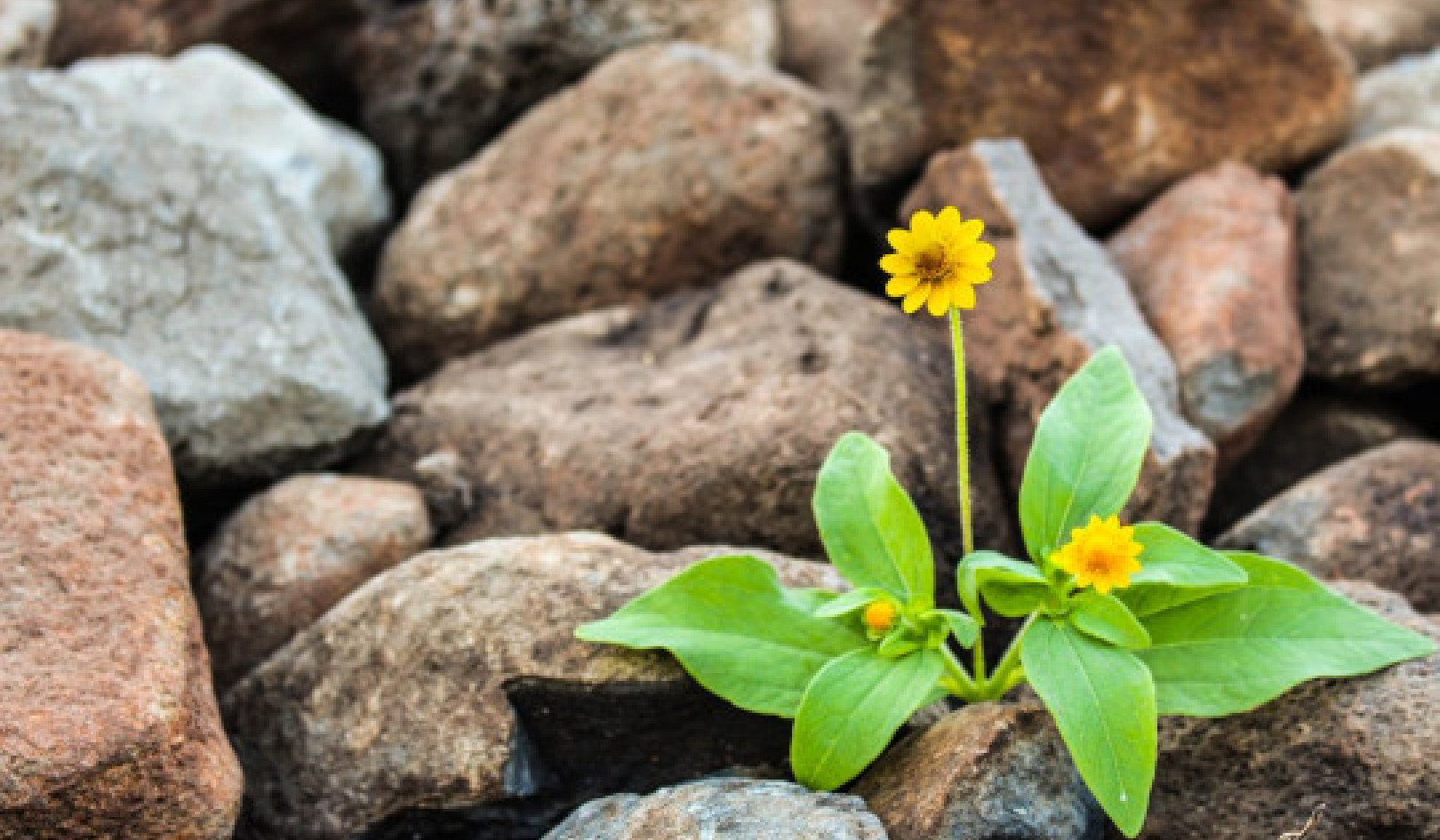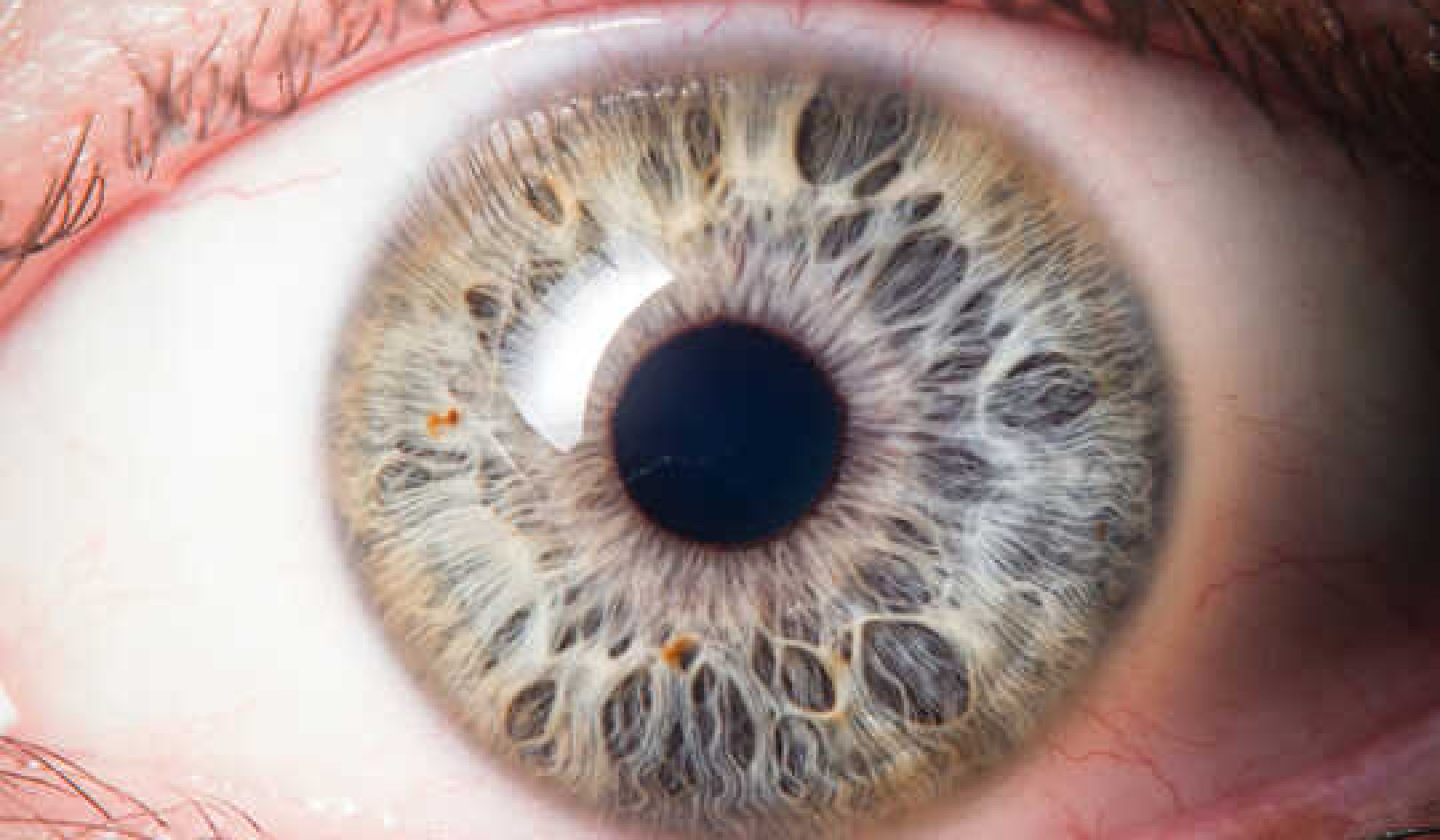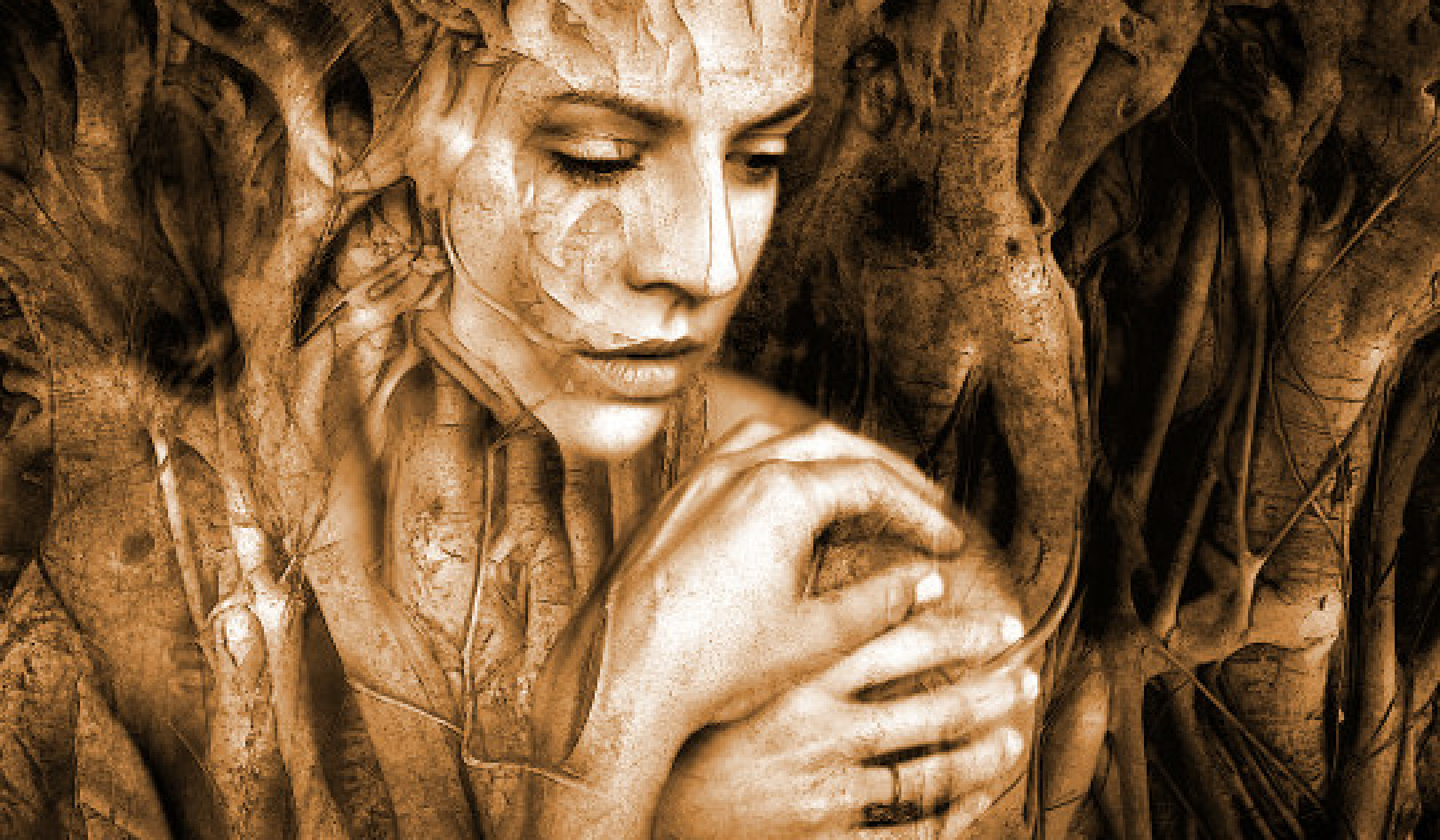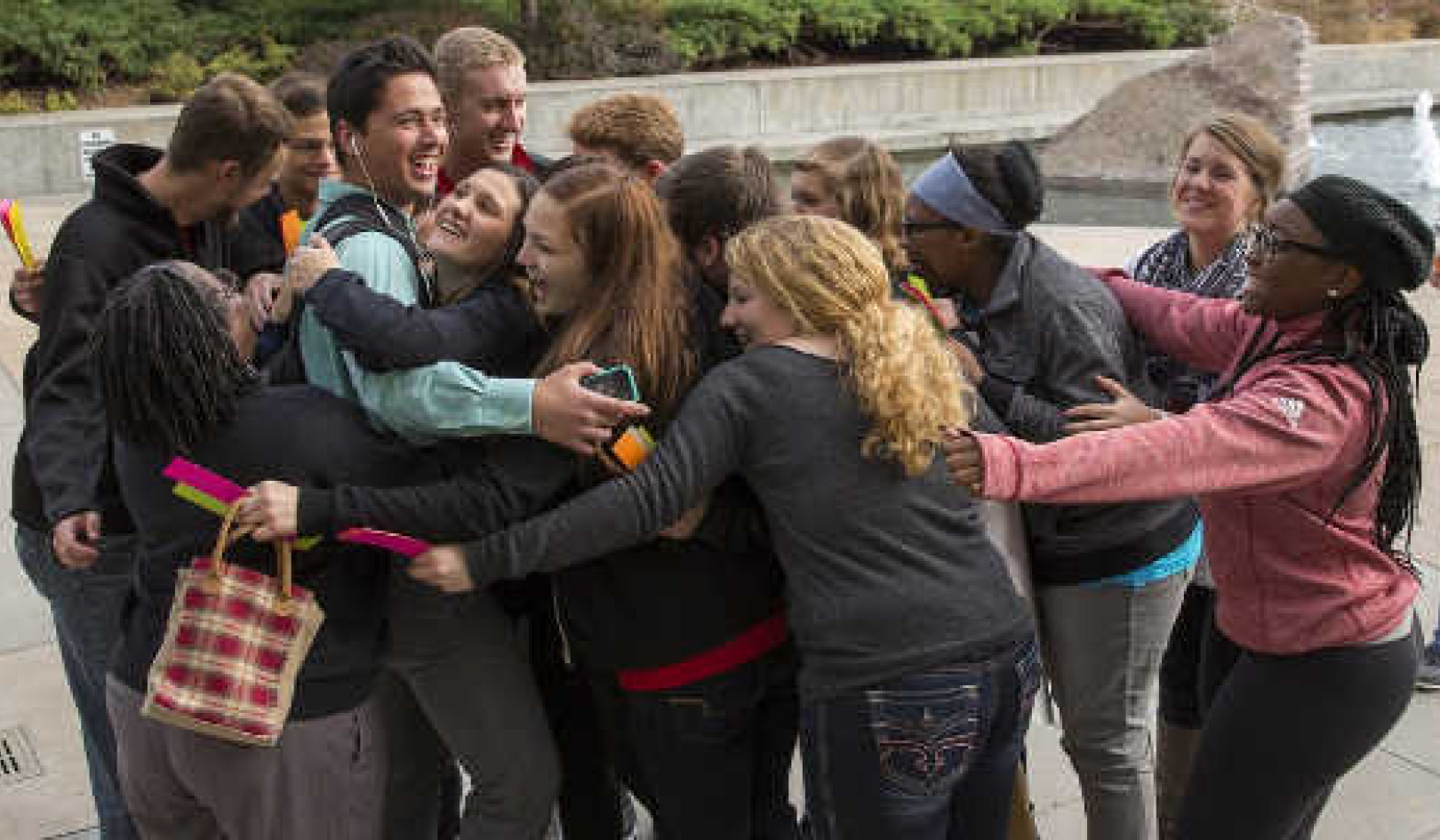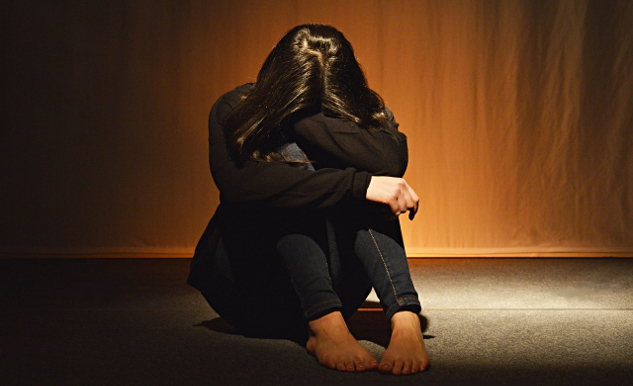
Image by Marcello Migliosi
If you or a loved one has cancer, or any major health issue, my heart opens to you in the largest way because I know personally how difficult the journey can be. It is really true that one has to walk in another’s shoes before they can understand that person’s experience.
Not only is the journey with a major health issue difficult, but it can also be very fearful and confusing. Confusion can come from external sources—a wide variety of opinions as to what we should do from others as well as from our doctors—and internally as all of these new emotions and beliefs come up for us to deal with.
How I Can Help
I would like to help you sort through the confusion, but not in the way you might think, because I don’t recommend a specific protocol or some particular therapy. I aim to help you to see the areas and false beliefs that are impeding your ability to determine that path for yourself. In order to do this, one of our first starting places is understanding why and how we define others and the world through labels.
In society, labels can be very misleading and cause great misunderstandings and pain through divisiveness. We want to label ourselves and others as part of some group—liberal or conservative, white or person of color, straight or other, capitalist or socialist, oppressor or victim, religious or atheist, rich or poor—it goes on and on.
This desire to be part of a group is understandable because it helps us make sense of the world and because it’s part of our DNA from an era when we lived in tribes and relied on group belonging as a survival mechanism. We label ourselves and others, or we label our experiences and things of the world, to feel safe. But in reality, there are no hard delineations and definitions. These are just constructs we have created.
For instance, almost everyone has ancestry that is mixed, many of us have acted as both an oppressor and a victim in our personal relationships, and most of us hold some blend of conservative and liberal values. Labels cannot convey the complexity and individualism of who we are and the world around us. Like a forest, everything blends together and is in a different state of decomposition or growth.
We can’t define where one thing starts and stops, and this includes our cancer or other health issues. Our health issues are unique to each of us, and although we have to use some type of descriptor, it is a disservice to say that we are in this particular health bucket or that particular health bucket—especially true with conditions like autoimmune disorders that have a widely varying mix of symptoms—because we start to believe in a bucket with its limited treatment options and limited prognosis. And from there, we’ll likely start to take on a specific identity that isn’t accurate and which we don’t want to take on.
What qualifies as a cancer designation? Is it being picked up on a CT scan, as was the case with me? Is it showing up in blood work, which never showed up in mine? What size does a tumor have to be before it’s called the dreaded “cancer” word? What if no one ever has diagnostics done to provide “evidence” of cancer? There are many people who live with “cancer” all of their lives, and their cancer doesn’t grow to create health issues or to cause an early death. At what point do we become a little concerned, moderately concerned, or completely freaked out? Can we acknowledge how arbitrary all of this is?
The Feared 6-Letter Word
Cancer is labeled in stages, and there’s great fear created when someone is labeled as being in a later stage. But let’s first generally acknowledge how this one simple six-letter word creates such fear in us.
The very first thought that a majority of people—and their loved ones—will have when they are told they have cancer is “I am going to die.” This is how destructive this word is, and this isn’t a good start for our healing journey. But what we need to realize is that cancer cells and precancerous cells are present in everyone’s body at all times. And when the immune system is functioning properly, these cells are eliminated.
So to say that someone now has cancer, whatever stage that might be—as if they didn’t have cancer before—is misleading and detrimental to the restoration of good health. You might think this perspective is semantic nitpicking, but semantics are an important piece of the puzzle in understanding how we came to our health challenge and how we need to create a broader perspective to achieve optimum health going forward.
Labels and Conditioning
My point is that our society uses labels—especially the word “cancer,” and even the word “sick”—in a way such that once these words are spoken, they put us in fear and can take away our ability to unemotionally and patiently analyze our situation. Then we have a harder time coming up with a plan of addressing the issue.
We have been heavily conditioned, by society and a well-meaning medical establishment, in a negative way, so we are already in a hole that we have to climb out of before we can even start our journey back to better health. We are really ahead of the game of life if we can recognize the conditioning and realize that life is multifaceted and full of nuances. It’s not black and white as most of us want to see it; instead, everything blends to gray.
I have used some words and labels in the title of this book (Healing Cancer—The Complete Way) that will be interpreted differently from my intention, which proves the point I’m making about labels.
Healing Cancer
What does healing actually mean? Most people think it means a complete remission—again, another word that can be misleading—of the cancer, and this may happen. But actually, I mean it in a much broader sense beyond just the physical. We are much more than physical beings.
It’s highly likely that our cancer, or other health issues, didn’t just come from something related to our physical bodies, like our genetics, or other factors affecting them, like our diets. It’s also likely related to our emotions, our mental makeup, and our spiritual connection. This is what I’m referring to when I speak of healing in “the complete way.”
I don’t aim to convince you of a certain path to healing. Each path is highly individualized. But we can’t know the proper path for ourselves unless we examine and clear the blockages and false beliefs that are preventing us from accessing our innate knowledge of what is best for us. And most importantly, it’s highly likely that these same blockages and false beliefs can be assigned at least partial responsibility for the creation of our health issues.
We can’t bypass them, or the problem will reappear in the same or a different form. Our bodies and spirits are constantly looking for wholeness and health, to live in a fuller and truer reality of our being.
Uncovering & Letting Go of False Beliefs
When we start to uncover our false beliefs, there will be some we don’t want to let go of. This is human nature. If something angers you in this book, then it’s a pointer to a false belief that you are bumping up against and don’t want to take a look at. We only get angry when we are triggered, and we each have different triggers or hot spots that make us angry, defensive, guilty, etc. If it’s something we simply disagree with, we move on without a reaction. But clearing what is false within us is one of the primary keys to our healing.
We are all here on this earth working to grow in our awareness, and this entails working through false beliefs. Thus, we can take comfort that everyone is in the same boat—although, again, our personal situations are highly individualized. We each have different traumas or conditioning we have experienced that have created our unique belief system, different attachments to things of the world, wide variances in the health of our personal relationships, or whether we see ourselves as a warrior or a victim, for example.
My hope is that my experience with cancer can be a blessing for you. I don’t have an agenda here other than your health and joy. I am always wary of someone who has an experience and then transforms it into a large commercial enterprise that claims to offer others the golden ticket—if they do this diet, listen to this seminar, buy this supplement, or do this therapy, among countless other examples. Since we are unique, the one-size-fits-all approach doesn’t work.
Along with this, we need to understand that our cancer journey isn’t something to be viewed as “I need to get through treatment as quickly as possible and have the cancer behind me.” The cancer journey has a lot of gifts for us if we’re willing to receive them. Our answers and our power lie within us.
Copyright 2023. All Rights Reserved.
Publisher : One-Hearted Publishing.
Article Source: Healing Cancer
Healing Cancer: The Complete Way
by Lawrence Doochin
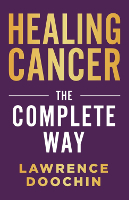 Having undergone a cancer journey himself, Lawrence Doochin understands the severe fear and trauma that those who have cancer, and their loved ones, experience. His heart opens to each of you with the greatest compassion and empathy, and this book was written to be of service.
Having undergone a cancer journey himself, Lawrence Doochin understands the severe fear and trauma that those who have cancer, and their loved ones, experience. His heart opens to each of you with the greatest compassion and empathy, and this book was written to be of service.
Healing Cancer will take you from despair to optimism, peace, and gratitude.
For more info and/or to order this book, click here. Also available as a Kindle edition.
More books by this Author.
About the Author
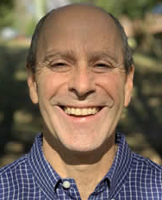 Lawrence Doochin is an author, entrepreneur, and devoted husband and father. A survivor of harrowing childhood sexual abuse, he traveled a long journey of emotional and spiritual healing and developed an in-depth understanding of how our beliefs create our reality. In the business world, he has worked for, or been associated with, enterprises from small startups to multinational corporations. He is the cofounder of HUSO sound therapy, which delivers powerful healing benefits to individual and professionals worldwide. In everything Lawrence does, he strives to serve a higher good.
Lawrence Doochin is an author, entrepreneur, and devoted husband and father. A survivor of harrowing childhood sexual abuse, he traveled a long journey of emotional and spiritual healing and developed an in-depth understanding of how our beliefs create our reality. In the business world, he has worked for, or been associated with, enterprises from small startups to multinational corporations. He is the cofounder of HUSO sound therapy, which delivers powerful healing benefits to individual and professionals worldwide. In everything Lawrence does, he strives to serve a higher good.
He is also the author of A Book on Fear: Feeling Safe in a Challenging World. Learn more at LawrenceDoochin.com.
























